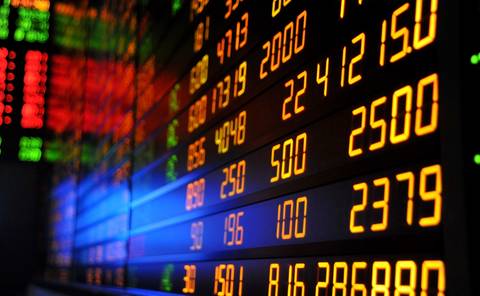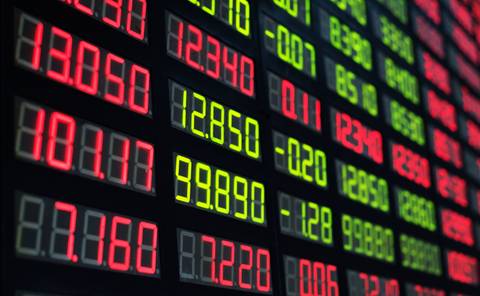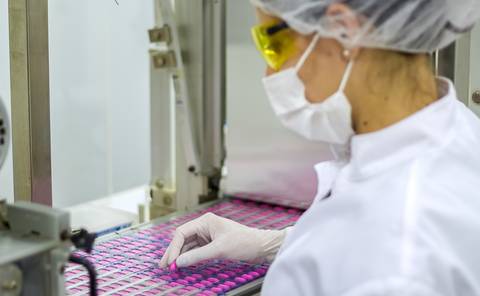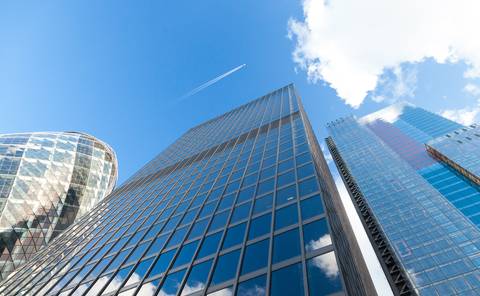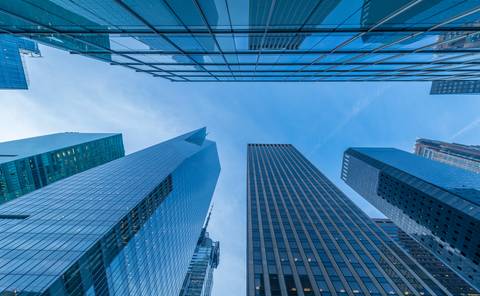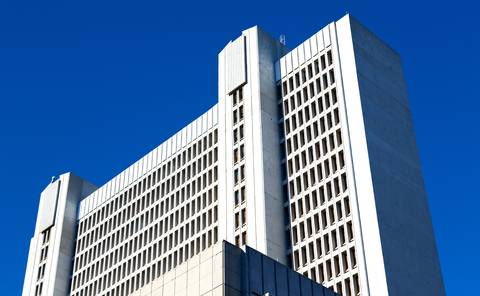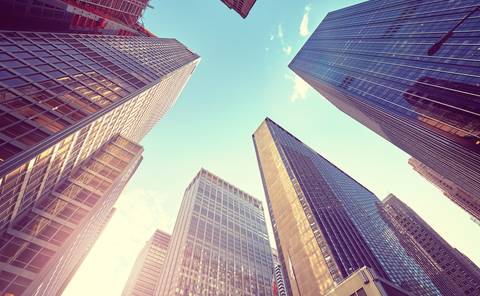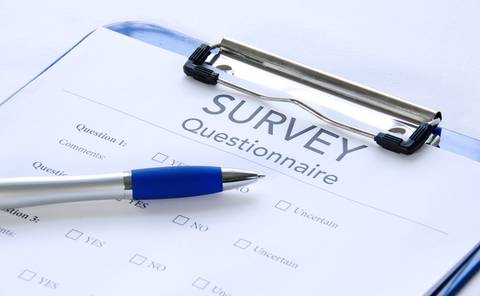Burkina Faso
Overview
Burkina Faso (formerly Upper Volta) achieved independence from France in 1960, also known by its short-form name Burkina, is a landlocked nation in West Africa. It is surrounded by six countries: Mali to the north, Niger to the east, Benin to the south east, Togo and Ghana to the south, and Cote d'Ivoire to the south west. Repeated military coups during the 1970s and 1980s were followed by multiparty elections in the early 1990s. Burkina Faso's high population growth and limited natural resources result in poor economic prospects for the majority of its citizens.
Economy
Burkina Faso is a poor, landlocked country that depends on adequate rainfall. About 90% of the population is engaged in subsistence agriculture and cotton is the main cash crop. The country has few natural resources and a weak industrial base. Cotton and gold are key exports. Since 1998, Burkina Faso has begun to privatize state-owned enterprises and in 2004 revised its investment code to attract foreign investment. As a result, the country has seen an upswing in gold exploration, production, and export. The Burkinabé economy experienced high levels of growth over the last few years but growth is highly dependent on swings in gold and cotton prices. In 2013 Burkina Faso experienced a number of public protests over the cost of living, corruption, and other socioeconomic issues. To defuse tensions the government has offered higher housing bonuses, reduced income taxes, and price controls. Turmoil in neighbouring Mali, unreliable energy supplies, and poor transportation links pose longer-term challenges.
For further information please contact us:

